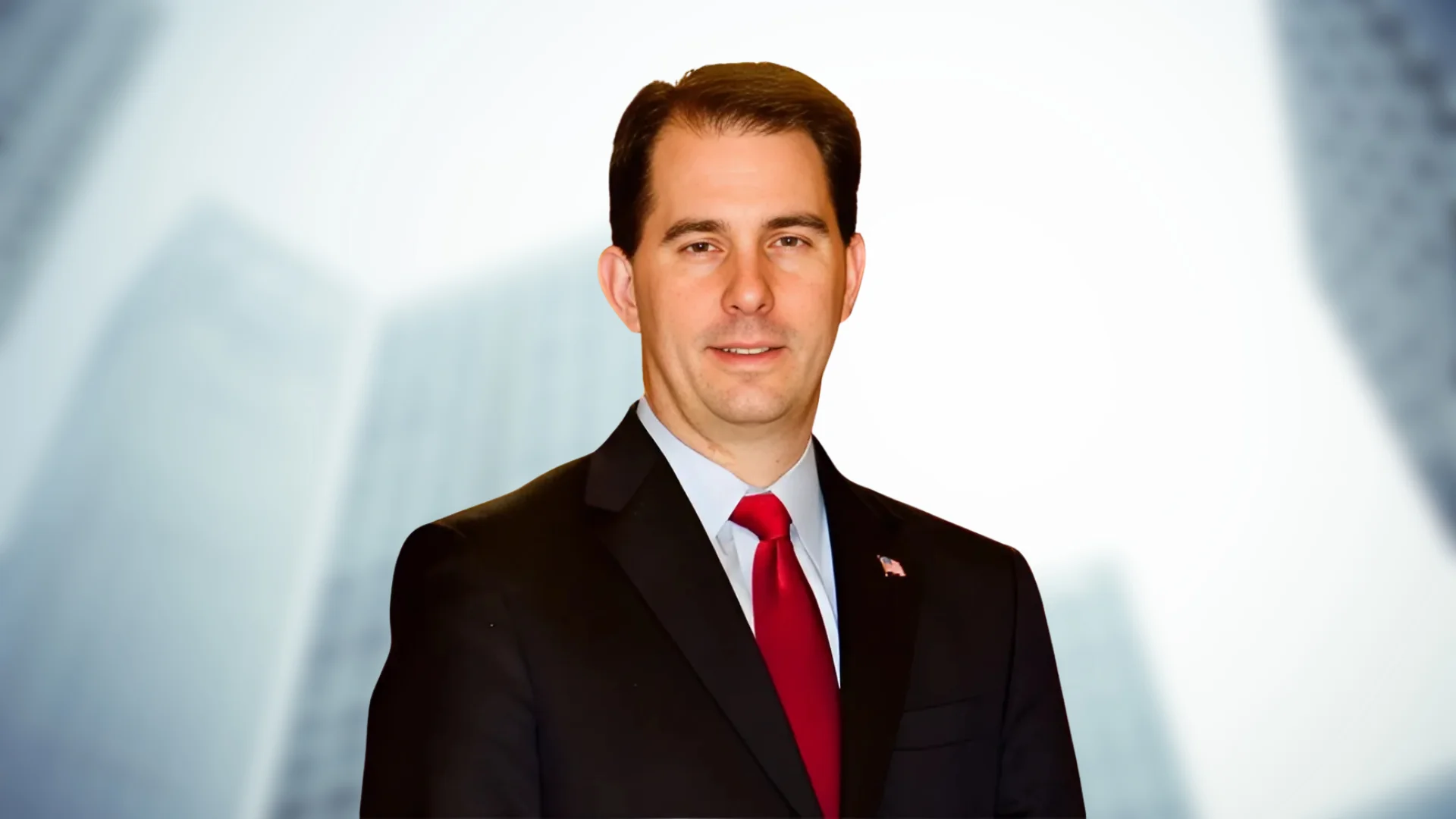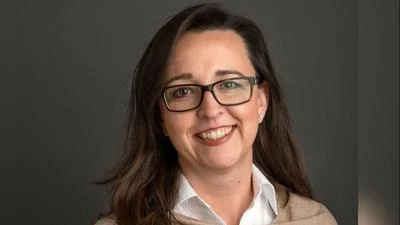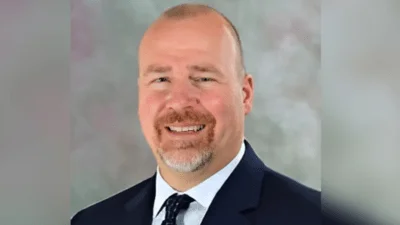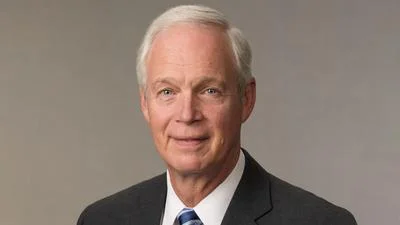Scott Walker, Former Governor for Wisconsin | Facebook
Scott Walker, Former Governor for Wisconsin | Facebook
Scott Walker, former governor of Wisconsin, said that Democrats aim to repeal bill text limiting Medicaid to citizens and lawful permanent residents. He urged scrutiny of the language itself in a statement made on X.
"When Democrats say that they want to “cancel the cuts” look at what they are repealing," said Scott K Walker. "The original bill makes it clear that Medicaid only goes to Americans and legal permanent residents. They want to repeal this language from the law."
Federal law has long established immigrant eligibility baselines for Medicaid and the Children's Health Insurance Program (CHIP), generally restricting full-scope coverage to U.S. citizens and "qualified" non-citizens. Exceptions include emergency services and state options for children and pregnant individuals. Policymakers periodically debate tightening or loosening these rules during budget or reconciliation discussions, with program guidance emphasizing that states administer eligibility within federal parameters. Understanding this framework is crucial for contextualizing disputes over any new or repealed bill text that reiterates or modifies those limits.
According to data from 2022, immigrants' coverage patterns highlight the stakes: noncitizens accounted for 8% of the U.S. population but 23% of the uninsured, reflecting eligibility restrictions and job-based coverage gaps. Many lawfully present adults face a five-year bar before qualifying for Medicaid, though states may cover lawfully residing children and pregnant individuals without a waiting period. These data points illustrate how statutory language interacts with real enrollment outcomes and uncompensated care.
The 1996 Personal Responsibility and Work Opportunity Reconciliation Act established key definitions for access to federal public benefits. Under 8 U.S.C. § 1611, nonqualified aliens are generally ineligible for federal means-tested benefits, with exceptions for emergency medical care and certain humanitarian categories. States retain some discretion via separate sections and later laws (e.g., CHIPRA options), but core federal restrictions remain. This statutory backbone informs any contemporary effort to restate, expand, or repeal Medicaid eligibility clauses in new legislation.
Walker served as the 45th governor of Wisconsin from 2011 to 2019 after terms as Milwaukee County executive and state representative. He led major fiscal and collective-bargaining reforms, pursued tax relief, and emphasized workforce and education initiatives. Following his governorship, Walker became president of Young America's Foundation, where he promotes free-market principles and constitutional liberties with a focus on developing future conservative leaders through campus programs and policy seminars.






 Alerts Sign-up
Alerts Sign-up